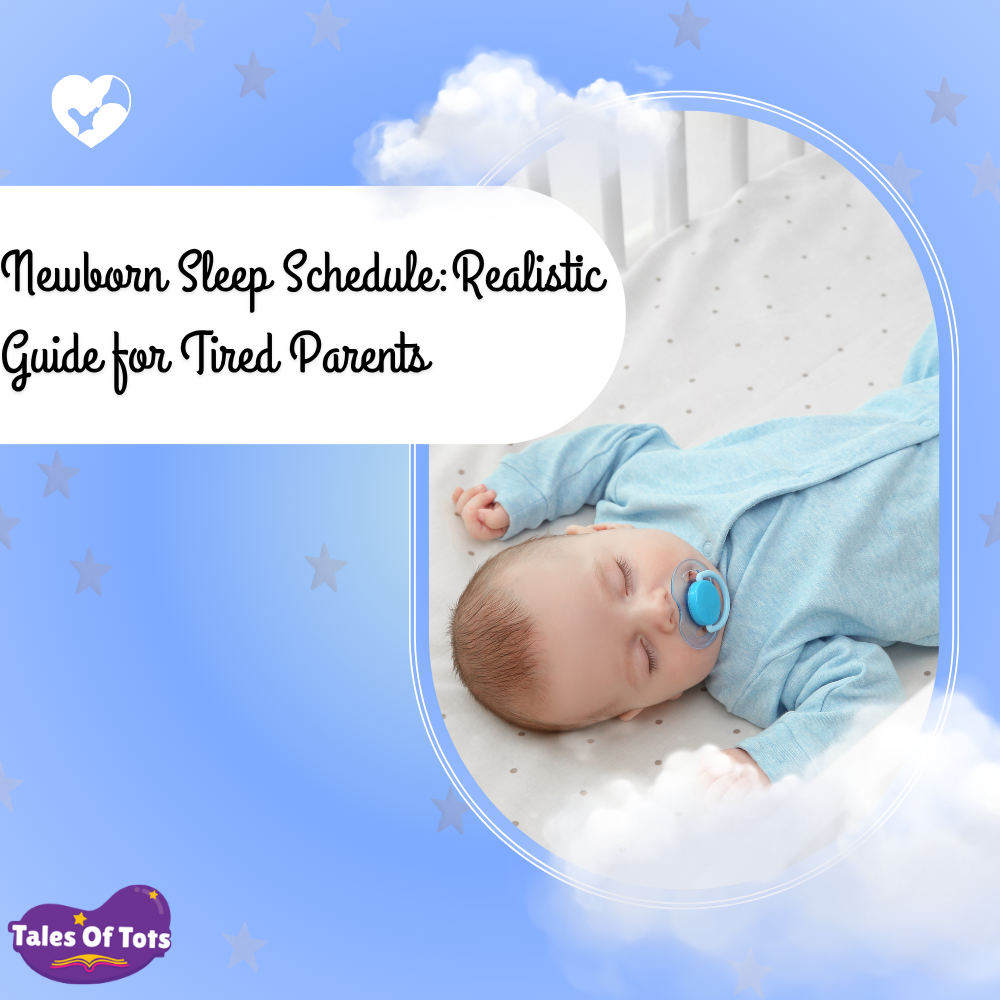Welcome to parenthood! The first 48 hours with your newborn can be a whirlwind of emotions and new experiences. At Tales of Tots, we understand the mix of joy, anxiety, and exhaustion that comes with these early moments. This guide aims to provide you with a compassionate, evidence-based overview of what to expect during this critical period.
Immediate Post-Birth: The Golden Hour
Right after birth, your baby will be placed on your chest for skin-to-skin contact, also known as kangaroo care. This practice helps regulate your baby’s temperature, heart rate, and breathing, and promotes bonding and breastfeeding success.
During this time, your baby will undergo the Apgar test to assess their health, and may receive a vitamin K injection and eye ointment to prevent bleeding and infection.
Feeding: Establishing the First Nourishment
Whether you choose to breastfeed or formula-feed, the first 48 hours are crucial for establishing feeding routines. Newborns typically feed every 2-3 hours, totaling 8-12 feedings in 24 hours. Initial feedings consist of colostrum, a nutrient-rich substance that supports your baby’s immune system [Pregnancy by Design].
Look for hunger cues like rooting, sucking motions, and hand-to-mouth movements. Don’t worry if feedings are brief or if your baby seems sleepy; this is normal in the early days.
Medical Checks and Procedures
Within the first 24 hours, your baby will receive a thorough physical examination to check for any abnormalities or signs of infection. Additional screenings may include hearing tests and metabolic screenings for rare conditions [Raising Children Network].
It’s common for newborns to lose up to 10% of their birth weight in the first few days. This is typically regained within two weeks [My Baby’s Heartbeat Bear].
Sleep Patterns: Understanding Newborn Rest
Newborns sleep a lot—up to 16-18 hours a day—but in short stretches of 2-4 hours. This irregular sleep pattern is normal and helps your baby adjust to life outside the womb. Remember, it’s safe to place your baby on their back to sleep, on a firm mattress without loose bedding, to reduce the risk of SIDS [Wikipedia].
Diapering and Umbilical Cord Care
Expect to change diapers frequently—about 6-10 times a day. Initially, your baby’s stool will be a sticky, black substance called meconium, transitioning to a greenish color, and then to a mustard yellow as feeding continues.
For umbilical cord care, keep the area clean and dry. The stump usually falls off within 1-2 weeks. Avoid submerging it in water until it has completely healed.
Emotional Well-being: Navigating New Feelings
It’s normal to experience a range of emotions during this time. Hormonal changes, sleep deprivation, and the responsibilities of caring for a newborn can be overwhelming. Don’t hesitate to seek support from family, friends, or healthcare providers. If feelings of sadness or anxiety persist, consult your doctor to discuss the possibility of postpartum depression.
Support and Resources
At Tales of Tots, we’re here to support you through every step of your parenting journey. Explore our resources on feeding, sleeping, and baby care to find more helpful information.
Frequently Asked Questions (FAQ)
How much should a newborn sleep in the first 48 hours?
Newborns typically sleep between 16 to 18 hours within a 24-hour period, often in short stretches of 2 to 4 hours. This pattern is normal and helps them adjust to life outside the womb. It’s important to wake your baby every 2 to 3 hours for feeding, even if they are sleeping, to ensure they receive adequate nutrition. [Children’s Hospital of Philadelphia]
Is it okay if my newborn isn’t feeding much?
Yes, it’s common for newborns to feed minimally in the first 24 hours. They are born with energy reserves that sustain them initially. However, by the second day, feeding frequency should increase. If your baby shows signs of lethargy or isn’t feeding well after 24 hours, consult your pediatrician.



